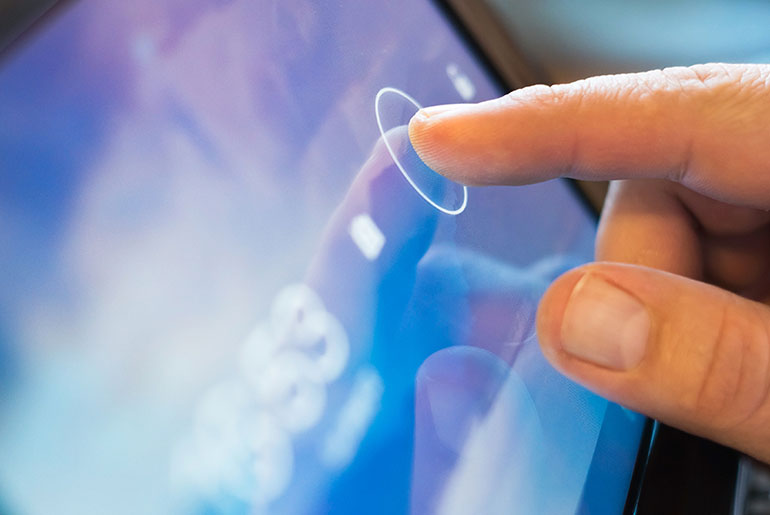
The National Academy of Inventors (NAI) has named Dr. Cynthia Hipwell among its newly appointed class of fellows for 2018.

Hipwell, a TEES Eminent Professor in the J. Mike Walker ’66 Department of Mechanical Engineering at Texas A&M University, worked 21 years as a technology and business process innovator, developing industry-leading technologies as well as new tools and methods to accelerate the pace of technology development and increase business impact.
Election to NAI Fellow status is the highest professional distinction accorded to academic inventors who have demonstrated a prolific spirit of innovation in creating or facilitating outstanding inventions that have made a tangible impact on quality of life, economic development and the welfare of society.
She will officially be inducted into the academy in April at the Eighth NAI Annual Meeting at the Space Center Houston.
Hipwell, who joined the mechanical engineering department in 2017, holds a wealth of experience in nanotechnology, tribology, sensors and actuators that she is putting to use through her INnoVation tools and Entrepreneurial New Technology (INVENT) laboratory.
Even as new research propels technologies into new and exciting directions, there is a crucial need for the development of tools and methods capable of delivering faster, higher impact innovations and feasibility studies that indicate commercial viability. It is a pursuit on which Hipwell has her eyes firmly set.
"I am most excited about some of the new ideas that are emerging as we bring researchers from several disciplines together and see how we can really impact critical product areas with new technologies," she said.
Hipwell is working on numerous projects through her INVENT lab alongside researchers well-versed in disciplines that include tribology, materials, cognitive ergonomics and human-machine interactions.
Upcoming projects will include the pursuit of high-resolution, flexible tactile sensors and actuators to be used for haptic feedback applications – such as a vibration, motion or application of force to recreate the sense of touch – in a range of situations, including communications, hazardous work environments, virtual reality and design, as well as an improved understanding of the finger-device interface for the optimal performance of haptic devices.
Hipwell has a particular interest in the process of developing a piece of technology from its early conceptual stages to a fully realized and functional product. Though she plans for her lab to mature several new technologies over the coming years - as well as a system for achieving better, faster results - Hipwell also wants to instill a passion for this pursuit in her students as well.
"Often that process has to happen across multiple disciplines to address performance, reliability and manufacturability," Hipwell said. "My hope is that by leading this type of multidisciplinary feasibility work that we can not only get more university developed technologies out the door, but that we also train more students to be system thinkers and innovators as they leave the university and head out into the real world."
